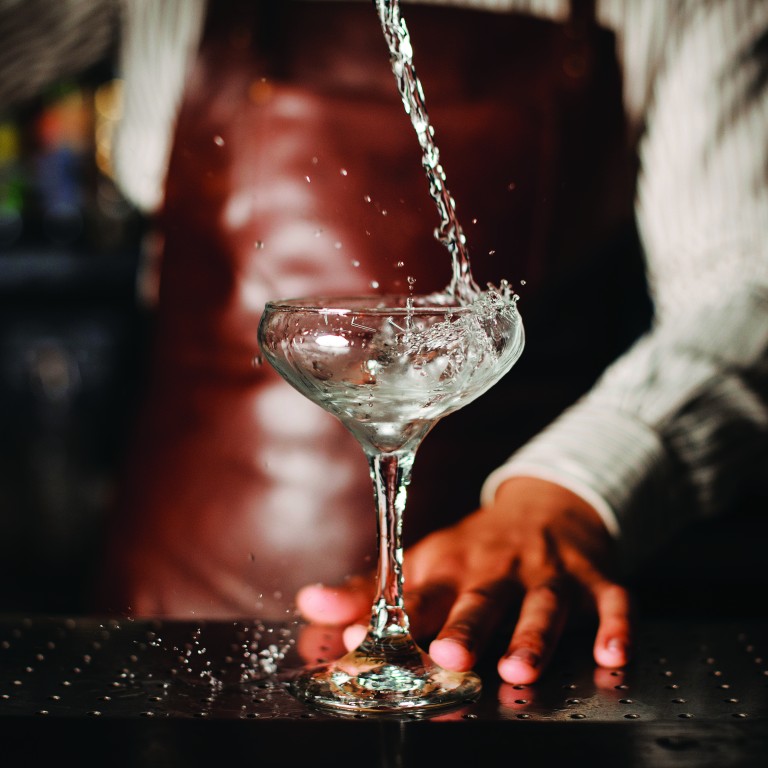Baijiu, China’s national drink, eyes global market

Baijiu, with its high alcohol content and distinctive taste, has long been popular in China, and is now finding a new place for itself in a host of cocktails in bars across the globe
Love it or hate it, there’s no denying that China’s baijiu packs a punch. The liquor is known for its high alcohol content – it is typically between 80 and 120 proof – and it’s already one of the world’s biggest-selling spirits, representing an estimated US$23 billion market share, according to McKinsey & Company and UBS.
Impressive as that sounds, this is almost exclusively due to its popularity in China, where it’s often a staple at business dinners, during which businessmen often go head-to-head to see who can drink the most.
However, in 2012, the central government enacted antigraft measures, cracking down on extravagant government-sponsored meals where the spirit flowed freely. To compensate for the loss of sales, baijiu producers have now set their sights on winning fans internationally.
This could be easier said than done, especially since baijiu hasn’t always been liked by drinkers overseas due to its fiery and funky taste. However, that could all be about to change as baijiu producers, bartenders and mixologists alike, are all hoping that cocktails can spearhead the way forward for a gradual introduction.
“We are creating cocktails which are able to balance the taste of baijiu with a combination of flavours that allow non-baijiu aficionados to appreciate it,” says Jonathan Ardoin, manager of bar operations at Rosewood Beijing. “Incorporating baijiu in cocktails for those not used to it can be pretty tricky. That’s why we pair it with quite fruity, sour flavours, such as berries for our signature baijiu cocktail, the panjiayuan bramble.”
Baijiu is an acquired taste, and often leaves first-timers a little stunned. Its strong flavours have been compared to things like sweaty socks, aged cheese, or rotten fruit.
However, champions of baijiu believe this will not inhibit its success in the long run.
“I absolutely think people will adjust to baijiu,” says Derek Sandhaus, author of Baijiu: The Essential Guide to Chinese Spirits. “It might be shocking for some people to know that in the 1950s vodka was considered a weird exotic drink that nobody drank, but today we think of it as the least challenging of hard liquors. Tequila, mescal … these are all things that within our lifetimes have started appearing in bars and cocktails. People adjust. I don’t think baijiu is any more challenging than the other drinks when you consume them straight.”